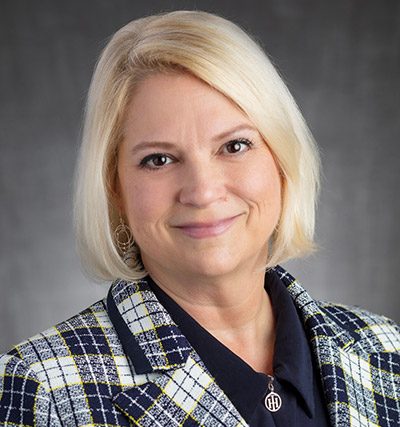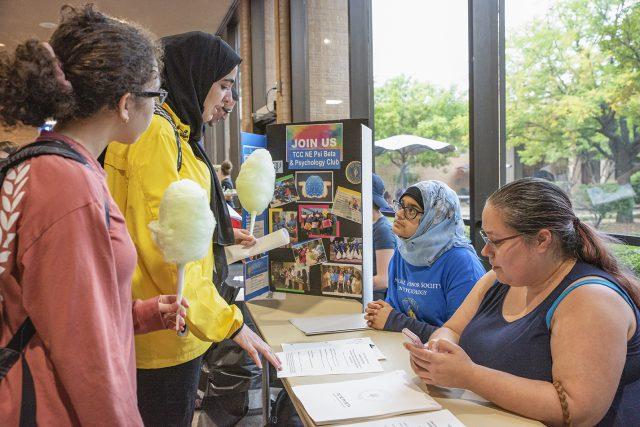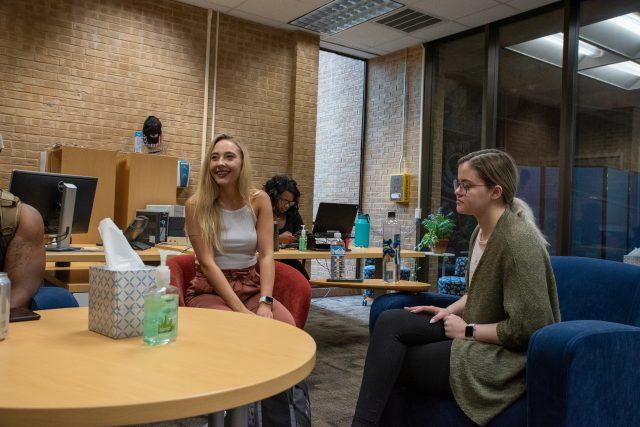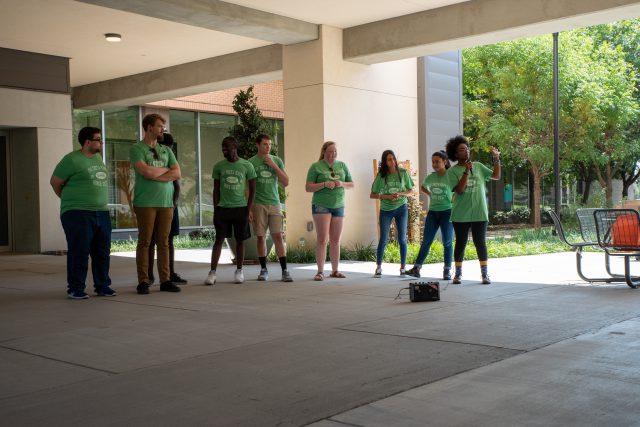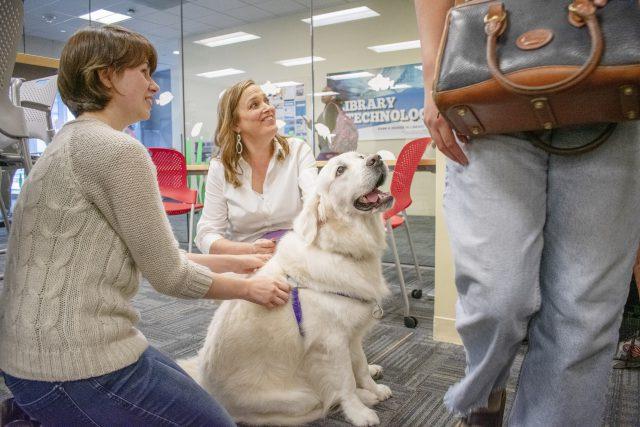| September, 11, 2019 | Juan Ibarra | editor-in-chief |
|---|
A new program at TCC is set to offer students up to $500 for any unexpected emergencies that arise.
Eliminating Barriers has been created for scenarios when students encounter an emergency in which they have an unexpected cost that might require them to drop a class in order to focus on financial matters.
The situations in which the money is given must be “urgent, unforeseen and nonrecurring,” according to TCC Foundation senior donor relations officer Liz Sisk.
“We want to keep students in school, we don’t want them to drop out or stop out to take care of emergency situations,” Sisk said.
A grant of up to $500 is available for students who find themselves in urgent, unforeseen and nonrecurring financial emergencies.
Students are required to have a 2.0 GPA, good standing and at least six credit hours.
The goal of this program is to encourage students to stay in school by requiring students to have at least a 2.0 cumulative GPA and six credit hours..
“We’re trying to encourage retention and success of completion,” former NW vice president of student development services Joe Rode said.
With the minimum requirements, a student in their second semester and who received a C-average would be eligible for the program.
“We think that’s a pretty good indicator that they are going to stay,” Rode said.
Once a student fills out the application and provides the necessary documents to prove their need for assistance, the forms all go to the director of student conduct and adversity as well as the CARE team on the student’s campus. Once the application is reviewed, a decision will be made within 48 hours, according to NE vice president for student development services Mayra Olivares-Urueta.
“Whether approved or denied, we will let them know,” Olivares-Urueta said.
During the creation of this program, a lot of thought was put into the specifics of how this would work and what considerations to have in mind in order to create the best policy possible.
“A lot of due diligence was done to come up with the best practices, and we wanted to avoid the mistakes that other colleges and universities had made,” Sisk said. “It’s a lot of investigatory work that led to what we are starting with.”
Looking at the experiences on other colleges and communicating with TCC’s sister institutions was necessary in order to create Eliminating Barriers.
“It has to come with a lot of research backing,” Olivares-Urueta said. “There area lot of resources being poured into [Eliminating Barriers].”
Through the planning phases, new ideas came up every time the foundation spoke to a new college or university. The current version of the program could possibly change in the future.
“I don’t know that it is in its final form right now, but you’ve got to start somewhere,” Sisk said.
Even though the program has been planned extensively, this first semester is going to show what might need to change and what works best.
“The goal is that we continue to grow this, and the employees are committed to helping and keeping this going,” Olivares-Urueta said.



























